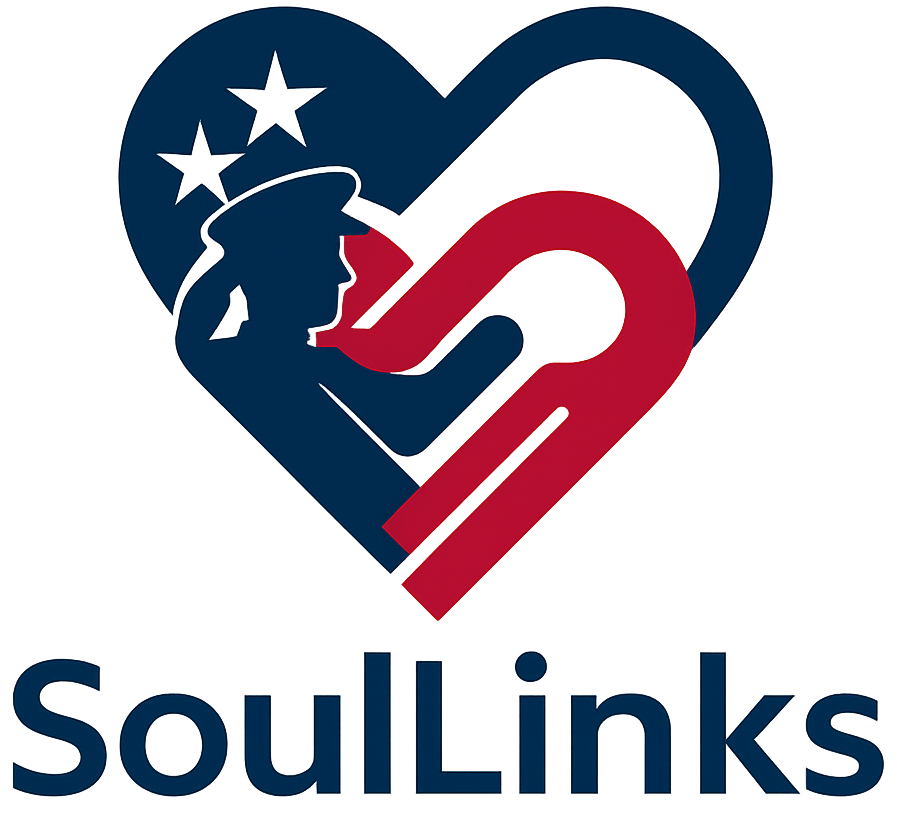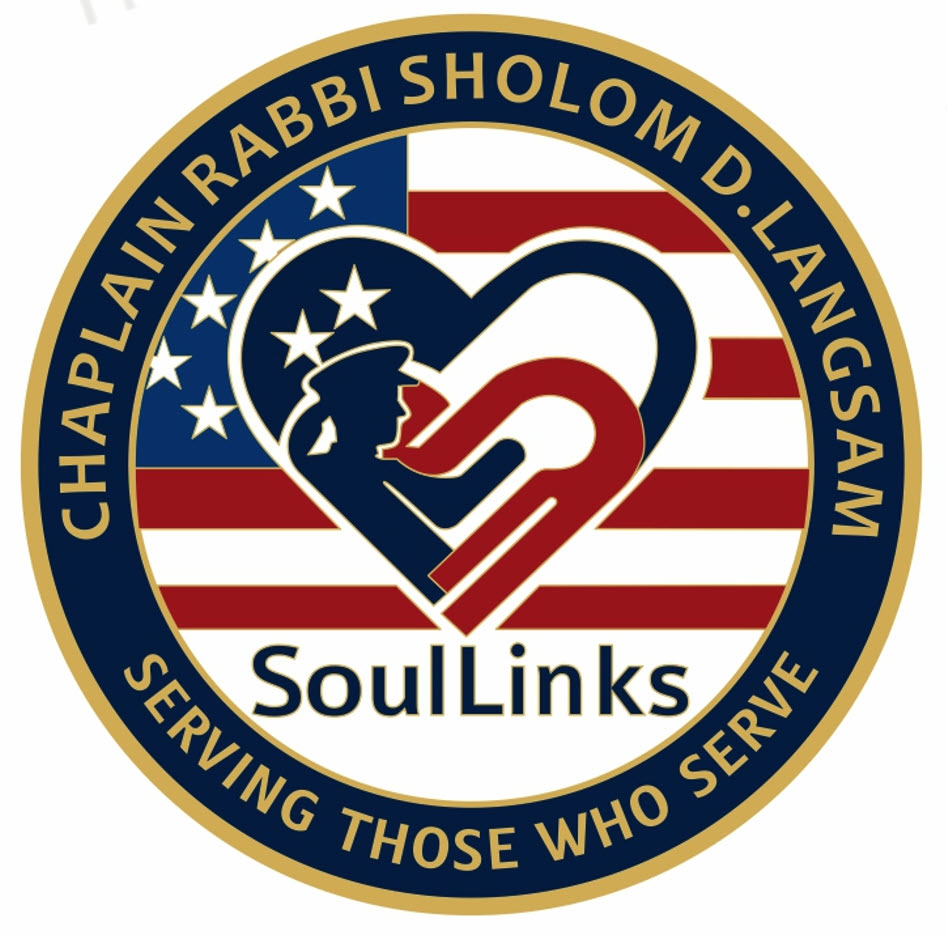Thank you! Your submission has been received

Parshas Toldos is full of drama, including rival brothers, prophetic blessings, and the careful passing down of legacies through generations. Yet, at its core, the Torah highlights something simple, tangible, and unexpectedly quiet.
Wells.
Just wells.
Isaac dedicates an entire chapter to a seemingly simple task: digging wells. He reopens the wells his father Abraham originally dug, restores their original names, and then digs new wells when the local Philistines try to stop him.
At first glance, it sounds like construction work, not spiritual uplift.
But the Lubavitcher Rebbe teaches that every detail in Torah is eternal, and the story of Yitzchak’s wells is one of the most profound metaphors for spiritual wellness, resilience, and inner strength.
The World Fills Wells With Dirt. Our Job Is to Reopen Them.
Avraham dug wells, sources of life, hope, and goodness, but the Philistines filled them with earth and debris.
Every person is created with wells of holiness, natural reservoirs of faith, compassion, and purpose. But as we go through life, the “earth” of stress, distraction, cynicism, ego, and disappointment can block those wells.
Trauma buries our joy.
Fear buries our courage.
Fatigue buries our clarity.
Disappointment buries our idealism.
And for those who serve in high-stress roles—law enforcement, military, first responders, public service- the debris can pile up even faster. The world, intentionally or not, tries to fill our wells.
But Yitzchak teaches us something else:
Your well is still there. It has not dried up. You need to dig.
Why Did Yitzchak Re-Dig Avraham’s Wells First?
The Torah emphasizes:
“He returned and dug again the wells that had been dug in the days of Avraham… and he called them by the same names.”
(Bereishis 26:18)
Why the same names? Why not innovate? Why not start fresh?
Because Yitzchak understood that the path forward begins with remembering who you truly are.
Before we build something new, we must recover what was lost, not replace it.
Yitzchak didn’t see these wells as old projects; he saw them as an inheritance, a legacy of faith already embedded in his soul.
How often do we try to reinvent ourselves when what we really need is to rediscover ourselves?
Every person, no matter what life has covered them with, has a spiritual inheritance:
A well of courage.
A well of compassion.
A well of clarity.
A well of connection to Hashem.
Our task is not to become someone new.
Our task is to become who we always were.
When the Wells Are Fought Over
After restoring Avraham’s wells, Yitzchak digs new ones. The first two are met with conflict:
Esek – “contention.”
Sitnah – “hatred.”
Anyone who has tried to improve their spiritual life, their mental wellbeing, or their personal discipline recognizes this pattern:
The moment you begin digging, the resistance begins, too.
When you try to set boundaries… conflict.
When you try to improve… inner voice of doubt.
When you try to rise… forces pull downward.
Spiritual growth is messy because the debris fights back.
But Yitzchak keeps digging.
The Third Well: “Rechovos” — Broad, Expansive Space
Finally, the Torah says:
“He dug another well, and they did not quarrel over it. And he named it Rechovos… ‘for now Hashem has made room for us, and we will flourish in the land.’”
(26:22)
Rechovos is not just a well.
It is a spiritual promise.
When a person perseveres, reopens the wells of their past, and digs into the wells of their future, Hashem (G-d) provides Rechovos, an expansive space where your soul can breathe freely again.
This is what spiritual wellness looks like.
Not perfection.
Not serenity.
But room to flourish.
A Universal Message — For Every Person, Every Community, Every First Responder
Yitzchak’s wells represent the mission of the Jewish people and of every human being seeking spiritual purpose:
Don’t discard the past, uncover its depth.
Don’t fear resistance—it means you're doing something meaningful.
Don’t let the world fill your wells—protect your inner life.
Don’t stop digging, Rechovos is waiting.
For those who serve—military, law enforcement, emergency services, and frontline communities—the demands of daily life often bury the soul under exhaustion and challenge.
But Toldos offers hope:
Your well is still there.
Your light is still flowing.
Your purpose is still alive.
Just dig.
Even a little.
Even slowly.
Hashem will handle the “Rechovos.”
A SoulLinks Takeaway
Our mission at SoulLinks is to help every person, especially those who serve, rediscover the wells already within them:
Faith.
Resilience.
Purpose.
Strength.
Connection.
We’re not giving people something new.
We’re helping them uncover what they already have.
Yitzchak’s message becomes our message:
You are deeper than your challenges.
Your goodness runs underground.
And your well is waiting for you to reopen it.
Final Thought
In a world quick to bury the spirit, Toldos calls us to uncover it.
May Hashem bless each of us with the courage of Yitzchak, to dig, to persevere, and to uncover the living waters that make us truly whole.

